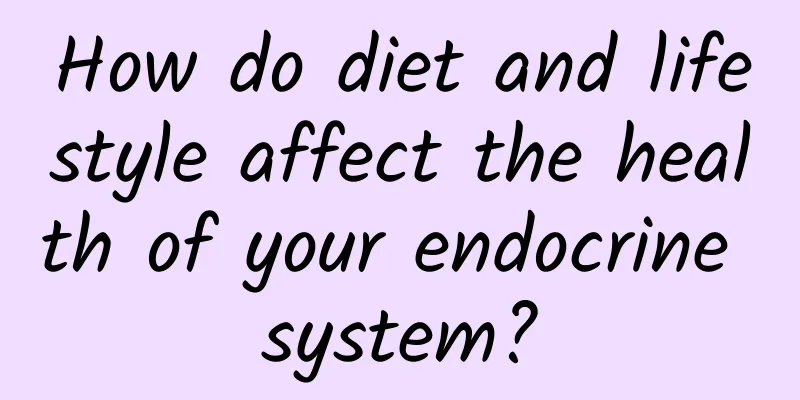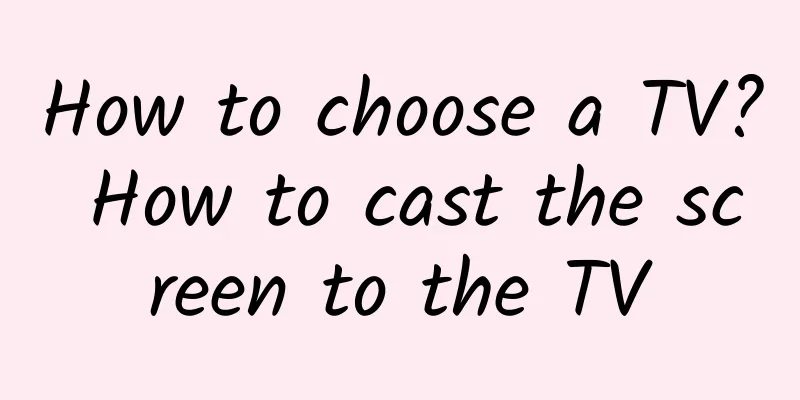The harm of not removing wisdom teeth for girls

|
The growth of wisdom teeth is a problem that many people will encounter. Some girls are often harmed by wisdom teeth, and the inflammation and pain are very uncomfortable. Although they are troubled by wisdom teeth, some women do not have them removed. Instead, they go to the doctor to buy some anti-inflammatory drugs to reduce inflammation. In fact, women’s wisdom teeth sometimes need to be removed, otherwise it may cause a lot of harm to women. What are wisdom teeth Wisdom tooth refers to the four third molars on the innermost part of the alveolar bone in the human mouth, one on the upper, lower, left and right sides. Because these four third molars begin to erupt at around the age of 20, when a person's physical and psychological development is close to maturity, they are regarded as a symbol of the "arrival of wisdom", so they are called "wisdom teeth" - teeth of wisdom. The harm of not removing wisdom teeth for girls 1. Pericoronitis of wisdom teeth: It is often manifested by redness, swelling and pain in the pericoronal tissue, which affects chewing and swallowing. It is often accompanied by difficulty opening the mouth, fever, swollen lymph nodes and other systemic symptoms. If the inflammation is not controlled in time, it can spread to the jaw and neck, causing interstitial infection, jaw osteomyelitis, and even serious systemic complications such as sepsis and pericarditis. 2. Malalignment: The driving force of the eruption of wisdom teeth is often one of the main reasons for crowded and uneven teeth. The driving force of this eruption movement will have an impact on the second molars. When the second molar is misaligned, the upper and lower jaw contact area is reduced, and the person's chewing function is significantly reduced. 3. Absorption of adjacent teeth and supporting tissues: When the growth of wisdom teeth is blocked by the second molars, tooth-destructive cells attached to the root surface of the second molars will be produced. Odontolytic cells can release proteases that gradually absorb the tooth roots. Chronic periodontitis between impacted wisdom teeth and second molars can also cause inflammatory resorption of alveolar bone. 4. Craniomandibular disorder: The main clinical manifestations of craniomandibular disorder are clicking, pain and abnormal mandibular movement in the temporomandibular joint, pain in the masticatory muscles, tinnitus, tongue pain and other symptoms. 5. Cystic lesions around wisdom teeth: When the odontogenic cystic lesions of the jaw develop to a certain extent, the jaw may bulge and deform. In case of secondary infection, swelling and pain will recur. In severe cases, pathological fractures may occur. 6. Precancerous lesions of the oral mucosa: The gums and buccal mucosa of impacted and misplaced wisdom teeth are prone to pathological lesions such as ulcers, erosions, abnormal tissue proliferation, and leukoplakia. Such a long-term trauma repair and re-trauma process will affect the normal keratinization of the oral mucosal epithelium and cause precancerous lesions, which in turn induce oral mucosal carcinogenesis. Health reminder: The removal of wisdom teeth, especially impacted wisdom teeth, is highly technical and difficult. If you want to have them removed, you must go to a regular professional dental hospital. Things to note when removing wisdom teeth After we have our wisdom teeth removed, try not to spit frequently, as this may pull the wound and cause it to bleed again. We can cover our mouths with tissues and let the saliva flow out on its own. Some patients like to lick the wound after tooth extraction, which is very bad for wound healing and may cause the wound to split again. It is best not to use toothpaste to brush your teeth for a few days after wisdom tooth extraction. Since most toothpastes contain fluoride, it will be detrimental to wound healing and may even cause wound inflammation. In addition, generally speaking, you can eat on the same day after tooth extraction, but you must rinse your mouth immediately after eating to avoid residual food in the wound causing inflammation, so patients must pay attention to the importance of rinsing their mouth after tooth extraction. |
>>: Can mugwort be used to wash the vulva?
Recommend
Why can't the car start after washing? What should I do if the car can't start after washing?
When the car is very dirty or has been rained on,...
Itch in the genitals after moxibustion
Nowadays, more and more people are doing moxibust...
Causes of abdominal wall endometriosis
We all know that women's body structure is pa...
70% of married women have cervical lesions. Three ways to prevent them
The incidence of cervical disease is increasing y...
How many weeks is 8 months pregnant?
Eight months of pregnancy means you are already i...
What painkillers should I take for menstrual pain?
Women's bodies are very weak during menstruat...
How to treat thick pubic hair?
In the eyes of many people, they only talk about ...
Does uterine curettage have any effect on future pregnancy?
Some people are not well prepared to raise childr...
How to treat genital odor
I believe that many married female friends are tr...
Can pregnant women eat Tremella, lotus seeds, red dates and wolfberry soup?
A healthy diet is good for pregnant women. The bo...
Why do we need to nourish and protect the liver? Eat three kinds of low-fat foods to nourish and protect the liver
The liver is responsible for the digestion and de...
What is the fetal development like at 24 weeks of pregnancy?
Pregnancy is the happiest but also the most worry...
Are there any rules for eating Yuanxiao? These types of friends must read this~
The Lantern Festival just passed last Saturday Ta...
What are the dangers of uterine fibroids?
Uterine fibroids are a very common benign gynecol...
Why do pregnant women not have morning sickness?
Pregnant women should pay attention to their phys...









